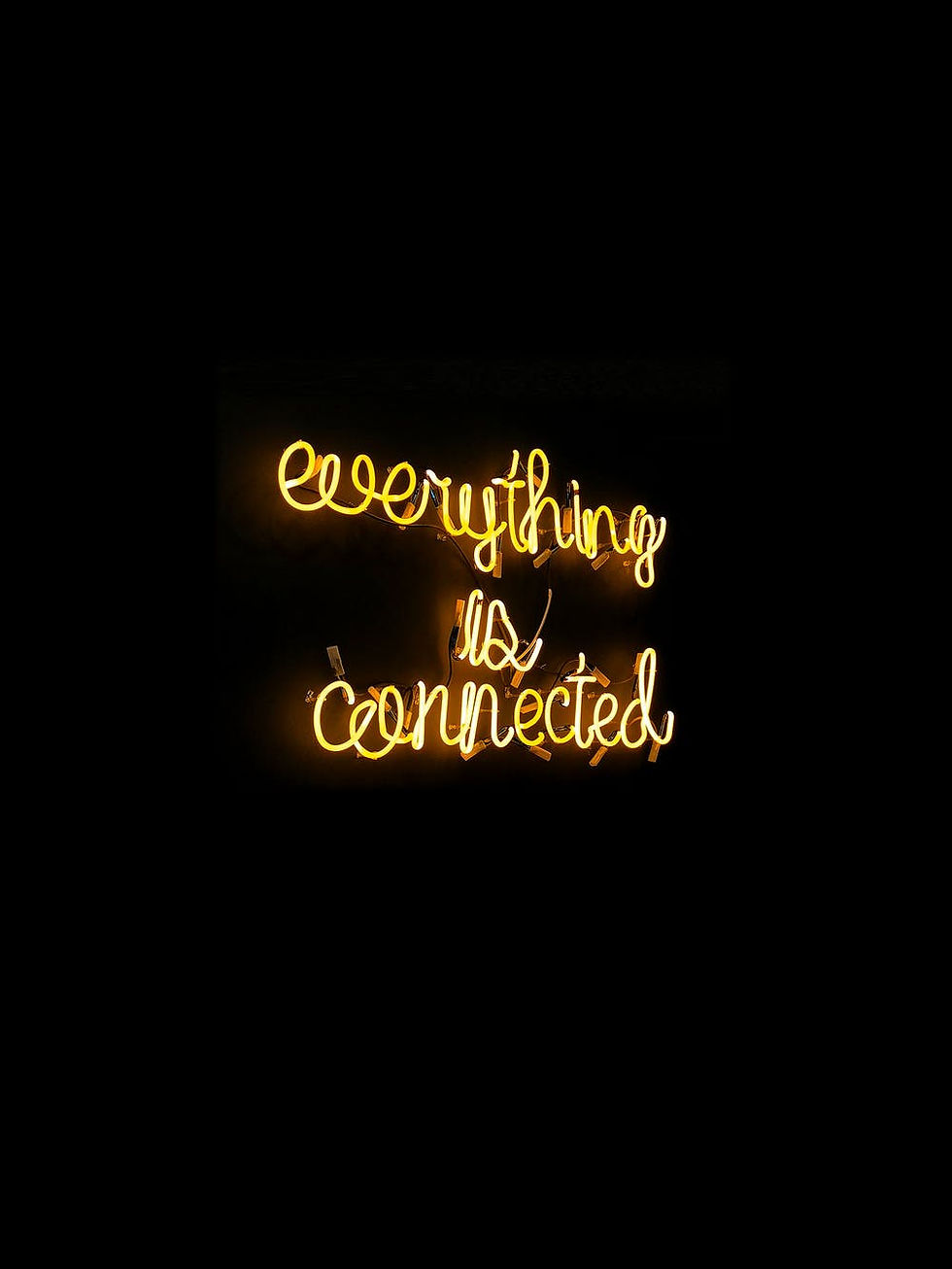Connectivism and Knowledge Construction
- morganobriendesign
- Apr 10, 2019
- 1 min read
Recently I have been introduced to and kicking around the learning theory Connectivism. For an in-depth explanation of what connectivism is from the originator, look here. In the digital age, more learning can be acquired through the connected networks of peers. Students should be taught how to build and improve their learning networks. I was recently posed the following question, “Connectivism has a core proposition -- knowledge is not acquired. What does that mean?”
I had the chance to respond and share ideas with peers in my Social Media and Education class. Here is what I proposed.
Knowledge is not acquired. I think before we discuss how it is acquired we should articulate a definition of "knowledge." To me it's sort of a funny term. In simple terms I would say it is what we know. But if I consider it more deeply, I start to see it as more of an operating system for the brain. It's not only what I know, but it's also a set of principles and presuppositions. It's a collection of emotions, thoughts, experiences and learning as a result of these "things."
To say knowledge is acquired simplifies it to something transferable. It's not. Knowledge is built. It is a unique process of constructing knowledge as a result of our experiences that builds not only what we know, but who we are. This is a fun topic. I can't wait to hear what other people think.




Comments